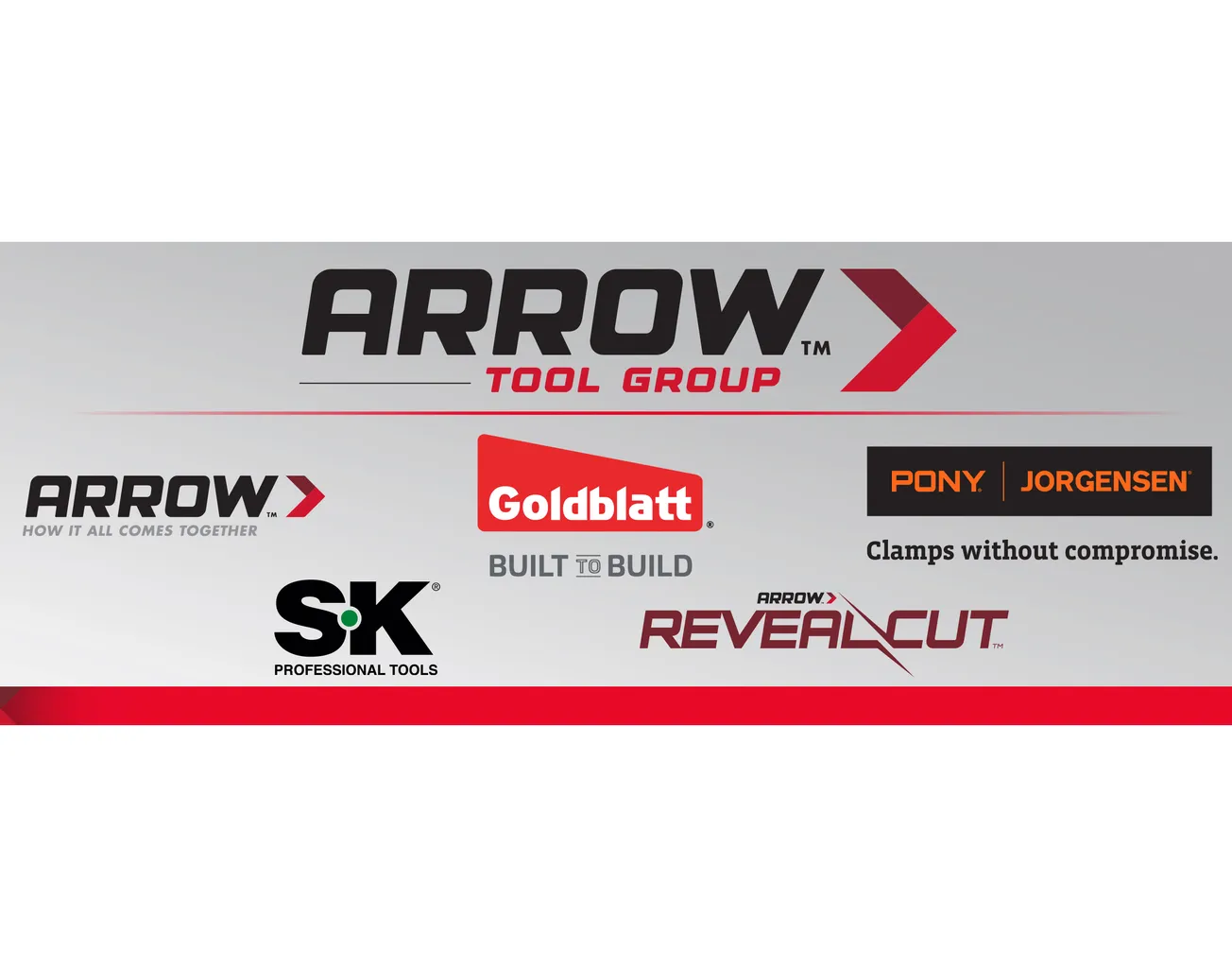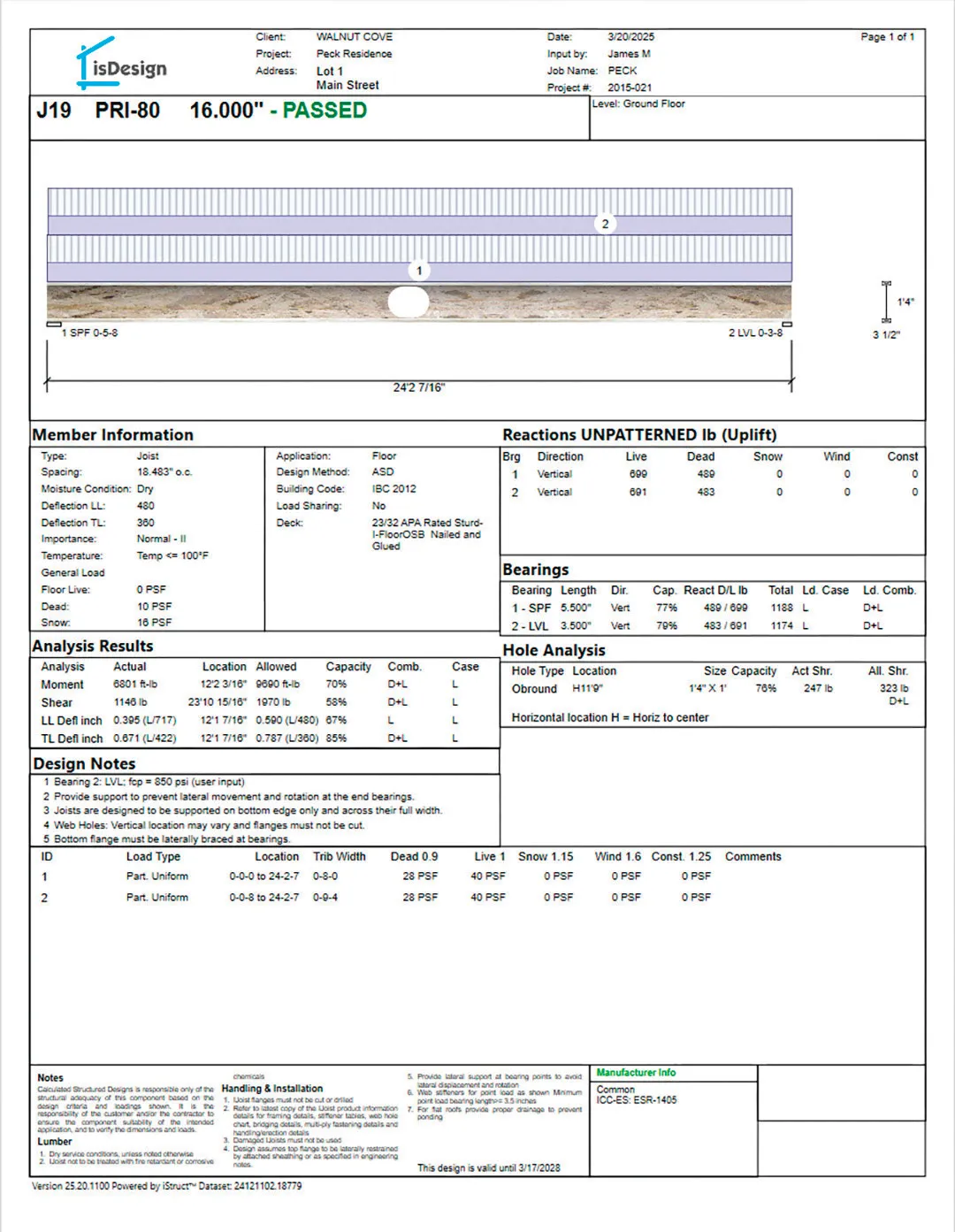Table of Contents
So, a guy walks into a lumberyard… The boss hands him the key and says, “You do it.”
That’s the short version of how at—gasp!—25, Kelly Fox got a major boost up the ladder at Dunn Lumber in Seattle. “It was a family business, an amazing company,” he recalls with fervor the yard where he remained for 12 satisfying years.
Then, once again, opportunity bounced out of the blue. He was recruited by an outfit called Lumber Traders Inc., with two locations in Port Angeles, Wa. They were looking for a CEO. Oh-kay…
“I said, ‘Sure. I’m open to the possibility,’” recounts the (still very) young fella. “I lived two hours west and loved the location. I have two young daughters, and we’re an outdoors family. The Olympic National Park would be right out our back door.” But, deeper than the call of the wild was the call to stretch. “I welcomed the opportunity to grow.”
Here’s what he got himself into. Lumber Traders acts as the umbrella for two outposts, five miles apart: 111-year-old Angeles Millwork & Lumber Co. and Hartnagel Building Supply, launched in 1960—together, helmed by an owner who had decided to retire and pass the torch. Which he did, in 2004, to his astonished crew as the outfit’s new employee-owners, with shares to be apportioned based on percent of payroll, and to be led by an internal CEO. Who, sort of, led them astray. Says Kelly, “Things were not on a solid footing. So, three years later, they removed him.” And hired you-know-who.
Who arrived trembling in his boots. “The place was employee-owned by a staff of 52, so my biggest fear was, 52 bosses.”
The two stores occupy two distinct niches in the building market: “Angeles specializes in lumber packages and bending rebar, from small to big: #3 to #8, for foundations and framing: the only one in the area doing this. Hartnagel carries rooftop products and operates boom trucks.” Together they capture the whole enchilada, “from rebar to ridge cap.”
But they were operating in the past. The reigning MO was “the way we’ve always done it.” So, topping Kelly’s to-do list was: change the culture. “We needed fresh thinking, to become more aggressive. There were a lot of silos,” he recounts, such as contractor sales vs. retail sales, windows vs. doors vs. decks, “so we needed to change that focus.” He introduced a new mantra: We all serve all our customers, all day long. Nothing to hide behind.
“We remodeled the first store, removing the contractor sales desk, which at first the pros objected to—‘We need our privacy.’ But 95% of business is really on the front line, anyway. They also wanted to retain their special relationships with their particular salesperson, as in, ‘I’ve always worked with Lonnie.’ Fine,” Kelly agreed. “But when Lonnie’s busy, now you don’t have to wait for him.’ Everybody does everything! The old contractors’ sales spot became our window & door showroom. We put work stations in locations where they were needed, to make a better use of space.
“When I got there, windows, doors, trim, etc., all had different software. Now, there’s one solution for the whole company. I brought in technology, gave them the tools, and said, ‘Go after it!’” Sure, there was some resistance. But most employees were all for the opportunity, especially after charting increased profits, which translated directly to their pocketbooks. Now, Kelly is primed to begin the makeover of the second store. Any lessons learned from Round One? “No,” he laughs. “Just do it!”
Then the two operations will become even more seamless. Kelly has already trained his crew that when a customer comes in wanting plans for millwork or rebar, “we notify our roofing store and get a quote for the customer before he even asks for one.”
That’s just part of what the boss calls “high-touch” service. Another example: “Ken, our operations manager, gets them their millwork orders within three hours (superhuman!). And that’s with 100 deliveries a week.” Pros are also quick to appreciate the new look of the rental department, covering “anything small enough to fit in a pick-up.
When I came here, the rental department was in bad shape. There was a guy who could fix anything, cobble it back together”—and it looked like it, too. “So we invested $60,000 in new tools. And these days, after 50 rentals, we retire an item and buy new. Now, everything’s all clean and tidy—and guaranteed to work!”
Important, because Kelly reports “a lot of new construction going on” in town after the lifting of the downturn. Yes, the recession hit hard here: “Absolutely! And natural resources and environmental legislation made it tough. We were one of the hardest-hit counties in Washington, with high unemployment.” (While at Dunn during the worst years of 2005-2006, Kelly learned from those folks to survive by watching the little things: cash flow, inventory level, and such.) “These are resilient people, here in Port Angeles, and it’s the people who pulled us out of the depths, willing the town to grow.”
Which it is. New-home construction is taking off, and Lumber Traders gets a nice share of the high-end custom-home business, just the way Kelly likes it. “Tract builders come to us, too, but we politely say no—no need to flight in the weeds for those margins.”
Sure, there’s competition, including a Home Depot down the road. “But people like us for that high-touch service. And they’re loyal to ‘their’ particular store. If they love Hartnagel, they don’t shop at Angeles, and if they shop at Angeles, they don’t trade at Hartnagel. It’s the people who work at each that make the difference.”
Customer surveys help keep the operation tuned to what’s working or what needs a tweak. “Plus, we make sure we have the things people use, so they don’t leave empty-handed. We adjust and add SKUs all the time. There were 15,000 SKUs when I came, and we’re now up to 22,000.”
Lumber Traders’ business is 55% pro, 45% retail. Kelly intends to grow the walk-in trade, and social media is his chosen tool. He’s hired an in-house coordinator to assure continuity in the company’s branding and messages, which reach today’s wired consumer via Facebook, Twitter and Instagram. “We use these to promote our brand, our people, our products, and our web-page blog.”
Community involvement is another win/win endeavor.
Currently the company is sponsoring a Donate a Stud program to help in the construction of a medical clinic for low-income residents—“and those may be our customers, our own staff or the waitress at the restaurant where we had lunch,” he brings it home. He’s also pumped to keep improving the value-added contents of his own toolbox. He achieved a B.S. in Business Administration in 2014 and an MBA soon after. (“Being employee-owned scared me, so I went back to college.”)
Clearly he’s here to stay. “This is my place!” he swears.









